
World’s Longest Direct Flights to Cost 20% More Than Stopover Fares
Qantas is likely to extract a 20% premium from passengers on the world’s longest direct flights when it
2023-06-05 15:52

Arnold Schwarzenegger grins on red carpet with daughters and son-in-law Chris Pratt while Joseph Baena goes solo
Arnold Schwarzenegger and his family were attending the premiere of his Netflix series, 'Fubar', in Los Angeles on May 22
2023-05-23 18:52
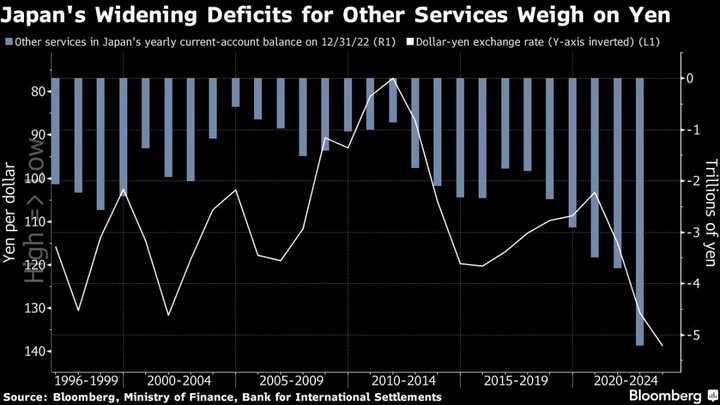
Netflix, Amazon Addiction Turns Into ‘Digital Deficit’ for Japan and Hassle for the Yen
An increasing flow of Japanese money overseas to pay for services like video and music streaming is turning
2023-05-19 16:28
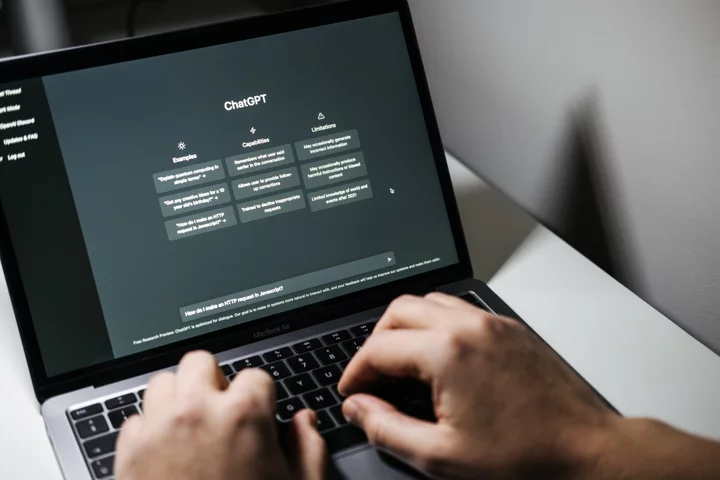
OpenAI expands ChatGPT 'custom instructions' to free users
OpenAI's custom instructions feature that rolled out to ChatGPT Plus subscribers in July, is now
2023-08-11 18:47

Thailand to Miss Growth Targets Without Stimulus, PM’s Aide Says
Thailand risks missing its growth targets without the injection of a large dose of cash into the economy,
2023-11-17 14:57

India or Bharat? A dinner invite sparks speculation as Modi's ministers push to rebrand the country
India, the host nation of this year’s Group of 20 summit, has two official names
2023-09-08 18:24

Survey: Telecom Retailers Adapt to Relentlessly Changing Industry Through Interconnected Commerce
VANCOUVER, British Columbia--(BUSINESS WIRE)--Sep 7, 2023--
2023-09-08 00:52

Netflix's 'Everything Now' depicts a sexuality landscape without labels
Netflix drama Everything Now is set to be a favourite amongst younger and older generations
2023-10-09 20:58

The 'Marvel's Spider-Man 2' PS5 console bundle is $60 off ahead of Black Friday
SAVE $60: As of Nov. 9, the popular 'Marvel's Spider-Man 2' PS5 console bundle is
2023-11-10 03:21
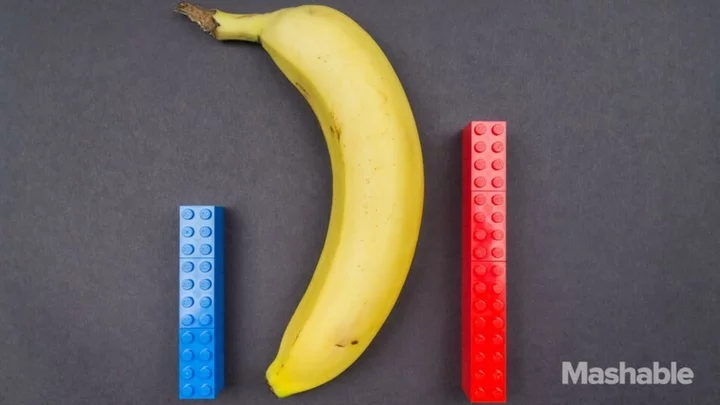
How big is the average penis? Let's compare with household objects.
Size matters... for science, anyway. While there have been numerous prior studies (both scholarly and
2023-06-05 12:56

EU countries adopt law banning products which fuel deforestation
The 27 European Union countries have formally endorsed a law that should help the bloc reduce its contribution to global deforestation by regulating the trade in a series of goods
2023-05-16 22:57

This 40%-Off Weekender Bag From Lo & Sons Is Our Editors’ Pick For Air Travel
Super Sale Alert: Enjoy up to 40% off sitewide at Lo & Sons’ fall sale until Oct 31. This includes the bestselling Catalina Deluxe Tote. From Nov 1, more goodies will be discounted (at up to 50%) at the Early Bird Holiday Shopper Sale.
2023-10-28 05:26
You Might Like...

Trump Organization offloads Bronx golf course to casino company with New York City aspirations

NYT Connections today: See hints and answers for September 26
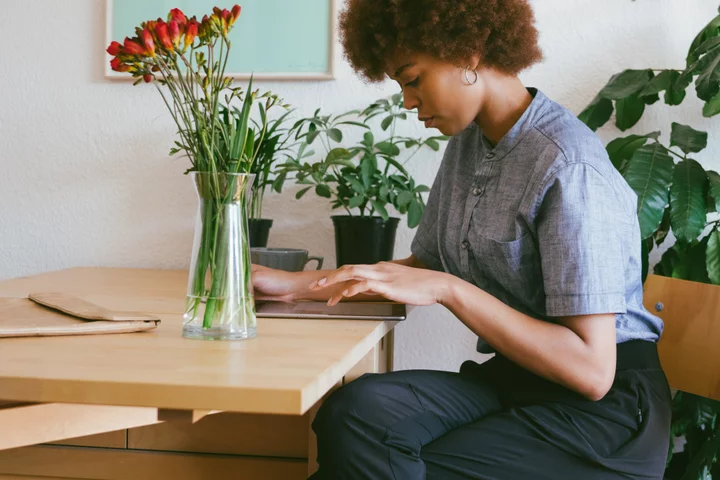
How to unblock RAI for free

McDonald’s to Take Bigger Cut of Sales From Some Franchised Locations

Google Maps update adds AI-powered photographic search results
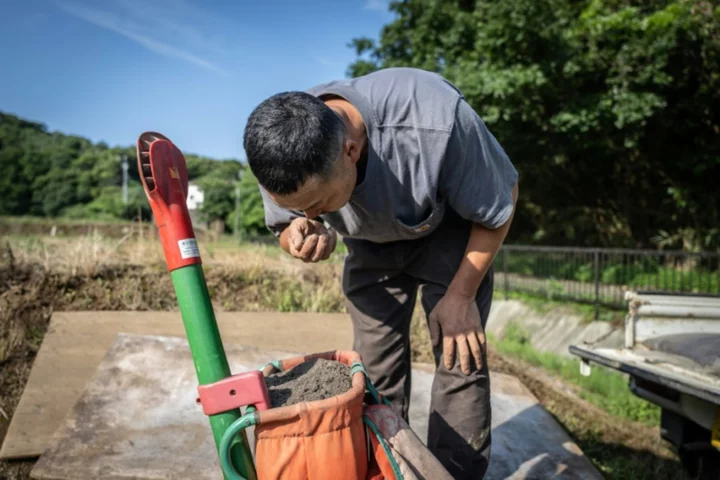
As prices soar, Japan returns to human waste fertiliser

Alfred L. Cralle: The Black Businessman Who Invented a Better Way to Scoop Ice Cream

Edmunds: 5 hidden automotive gems that no one buys
